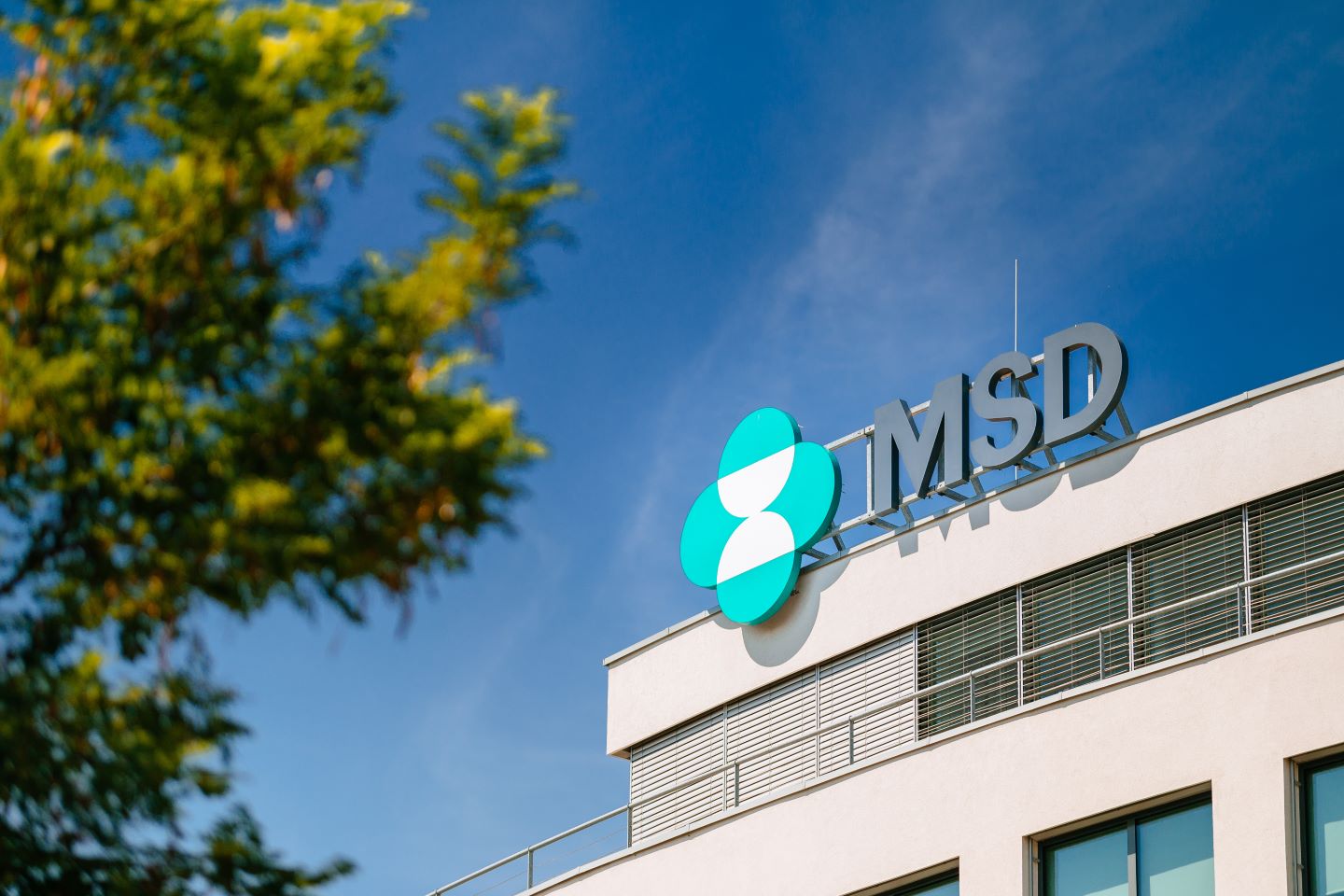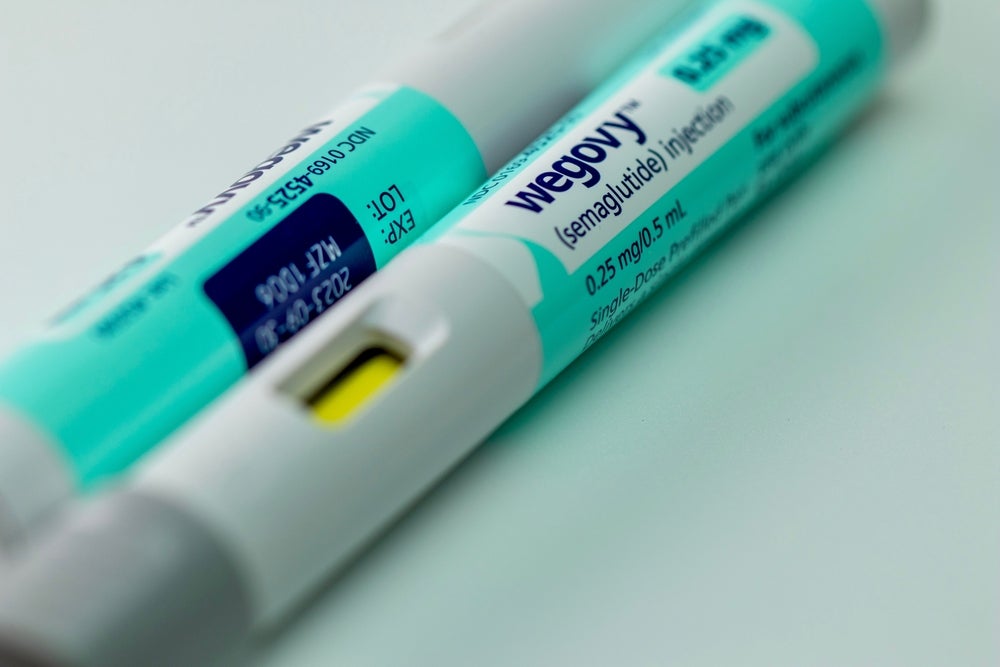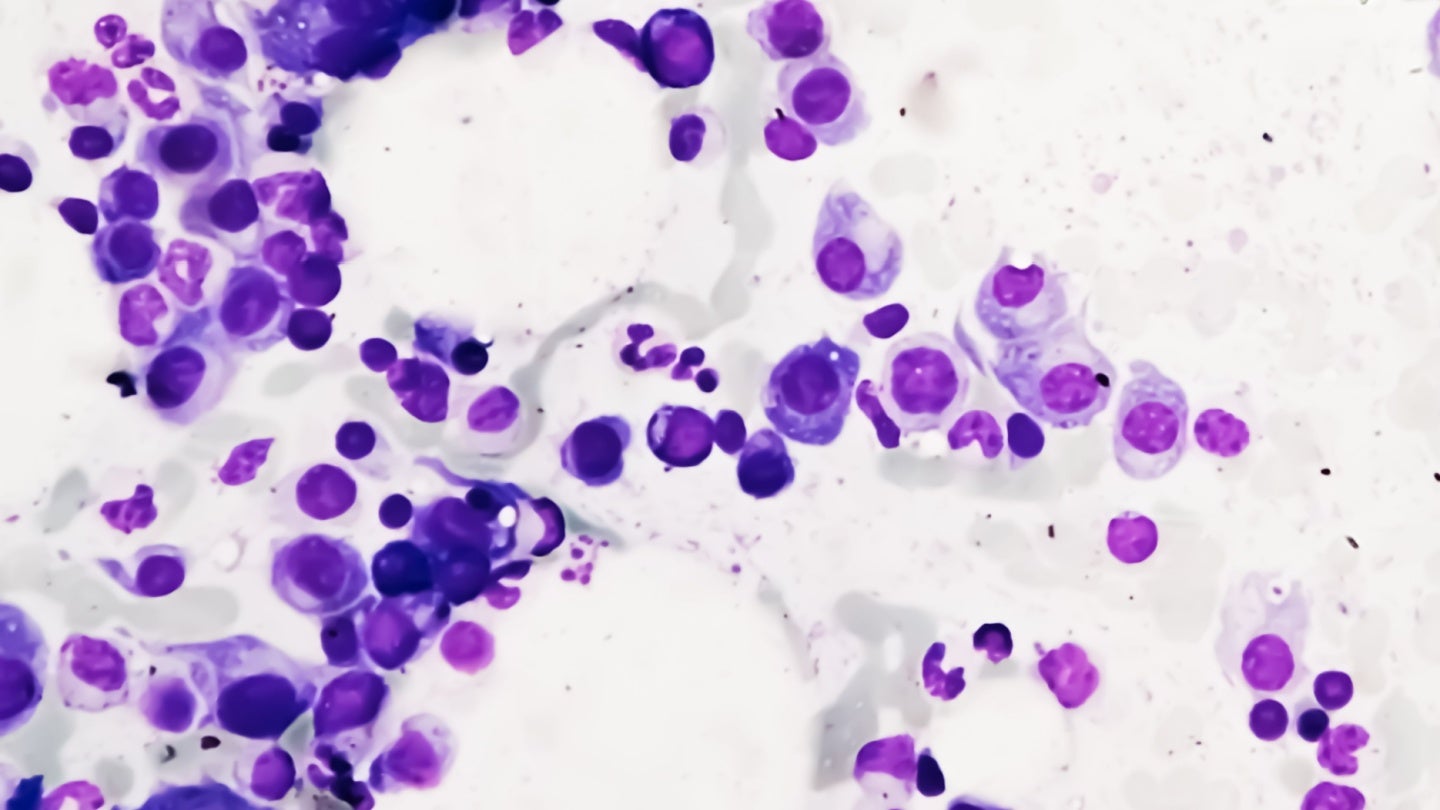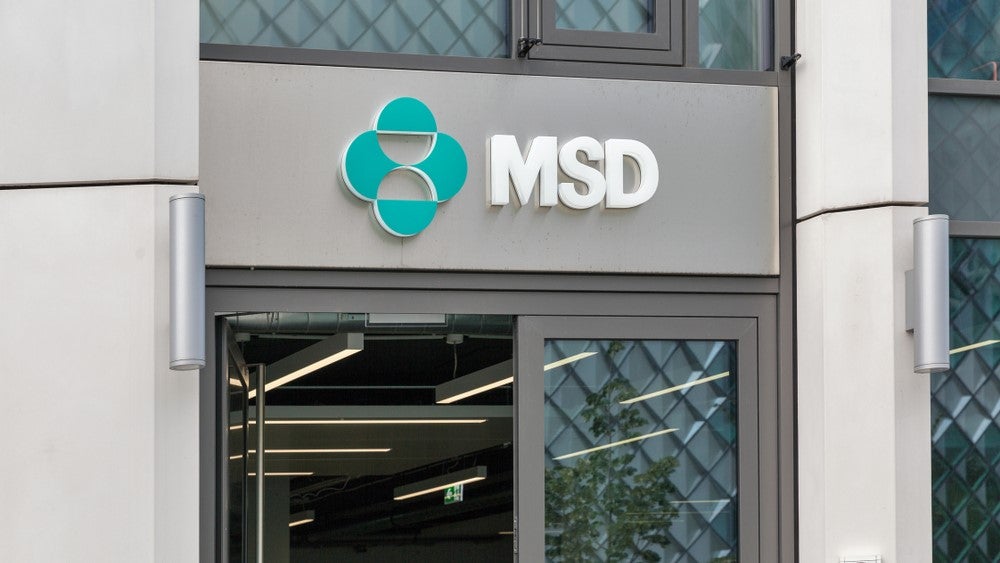ESMO 2023: MSD’s Welireg leads HIF-2α inhibitors in RCC despite unclear OS
At the European Society of Medical Oncology (ESMO) Congress on October 20–24, 2023, interim results from the Phase III LITESPARK-005 trial evaluating MSD’s Welireg (belzutifan) as a treatment for patients with previously treated advanced clear cell renal cell carcinoma (RCC) were presented. In the head-to-head trial with Novartis’s well-established Afinitor (everolimus), Welireg demonstrated a statistically significant improvement in overall response rate (ORR), duration of response, and progression-free survival (PFS), with a 25% reduction in risk for progression or death. Statistical significance has not been reached for the difference in overall survival (OS) at the point of the interim analyses. Welireg was reported to have a well-tolerated safety profile similar to that of Afinitor while having a longer time to function deterioration for better patient outcomes. As a first-in-class hypoxia-inducible factor 2α (HIF-2α) inhibitor, Welireg was first approved by the FDA in 2021 and carried a niche label on von Hippel-Lindau (VHL)-associated RCC. Despite the uplifting improvement in the response rate, the uncertainty on the OS endpoint obscures the fate of Welireg on seeing success with a broader metastatic RCC label. While the final OS analysis is underway, the estimated completion date for the analysis was not provided at the presentation. Data from two interim analyses (IA1 and IA2) at two timepoints, November 2022 and June 2023, were provided at the presentation. Welireg’s ORR showed the most drastic improvement at about 22%, compared to Afinitor’s 3.5% ORR in both analyses. Welireg’s durability also looked positive, with a median duration of response at 19.5 months (versus 13.7 months) in IA2. Welireg’s median PFS of 5.6 months (versus 5.4 months) in IA1 and IA2 demonstrated a slight improvement over Afinitor. Welireg had a one-year PFS of 34.4% in IA2, almost doubling Afinitor’s PFS of 18.5%. PFS benefits remained across patient risk groups and in subgroups that had received multiple prior treatments. Not reaching statistical significance, the co-primary OS endpoint has a hazard ratio (HR) of 0.88 at a p-value of 0.099, although a survival tail can be observed on the Kaplan-Meier curve developing after 14 months. Whether Welireg would demonstrate improved OS over Afinitor remains a question, considering the relatively constant HR in both IA1 (0.87) and IA2 (0.88), and over 91% of events have already occurred (441 out of 483). Regarding safety, Welireg did not outperform Afinitor in the occurrence of treatment-related adverse events (TRAEs). A total of 89.0% (versus 89.4%) of patients in the experimental arm experienced any grade TRAEs, while 38.7% (versus 39.4%) of patients saw TRAEs that were grade 3 or above. There is a notable difference in anaemia occurrence of any grade between both arms, with 82.8% in the Welireg arm versus 56.7% in the comparator arm. The difference for anaemia of grade 3 or above between the two arms was even more drastic at about 32% versus about 17%, potentially posing a greater risk to older patients. Still, Welireg had an edge on maintaining the quality of life as assessed by Functional Assessment of Cancer Therapy–Kidney Symptom Index Disease-Related Symptoms (FKSI-DRS) (not reached versus 12.0 months) and EORTC Core Quality of Life questionnaire (EORTC QLQ-C30) global health status (GHS)/quality of life (QoL) (19.4 months versus 10.2 months) by lengthening time to disease deterioration in patients. The presentation on the Phase II LITESPARK-013 trial shed light on the question of whether a higher dose could have saved the future of Welireg in broader RCC. The efficacy and safety of Welireg at 120mg, the dosage adopted in the Phase III trial, and 200mg were compared in the study. The ORR and disease control rates were “almost identical” at both levels. However, there was more dose interruption (20.5% versus 13.2%) and treatment discontinuation (9.0% versus 2.6%) at 200mg compared to 120mg. With similar efficacy but a worse safety profile, dose escalation of Welireg is not a suitable solution to providing a more noticeable OS advantage to metastatic RCC patients. Due to its differentiated mechanism of action (MoA), efficacy in heavily pre-treated patients, lengthened durability, and well-tolerated safety profile, Welireg might ultimately have a role in the non-hereditary RCC space beyond VHL as a novel therapeutic alternative. In the current National Comprehensive Cancer Network (NCCN) guidelines (1.2024) for kidney cancer, recommended regimens for previously treated, non-immuno-oncology (non-IO) therapy naïve, clear cell RCC patients are occupied primarily by tyrosine kinase inhibitors (TKIs), such as Pfizer’s Inlyta (axitinib), LG Chem’s Flotivda (tivozanib), Exelixis’s Cabomeytx (cabozantinib), and Eisai’s Lenvima (lenvatinib) combination. As a HIF-2α inhibitor, Welireg may have a role to serve as a TKI-avoidance strategy, especially to be sequenced after T

What's Your Reaction?
































